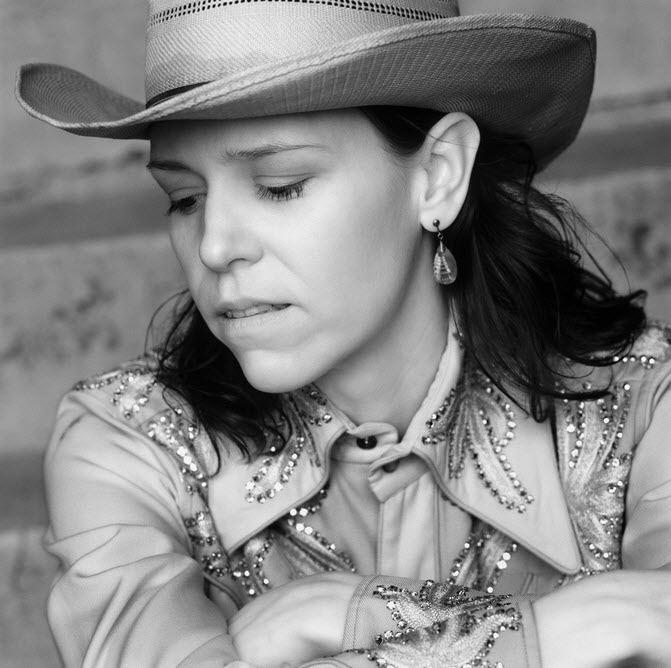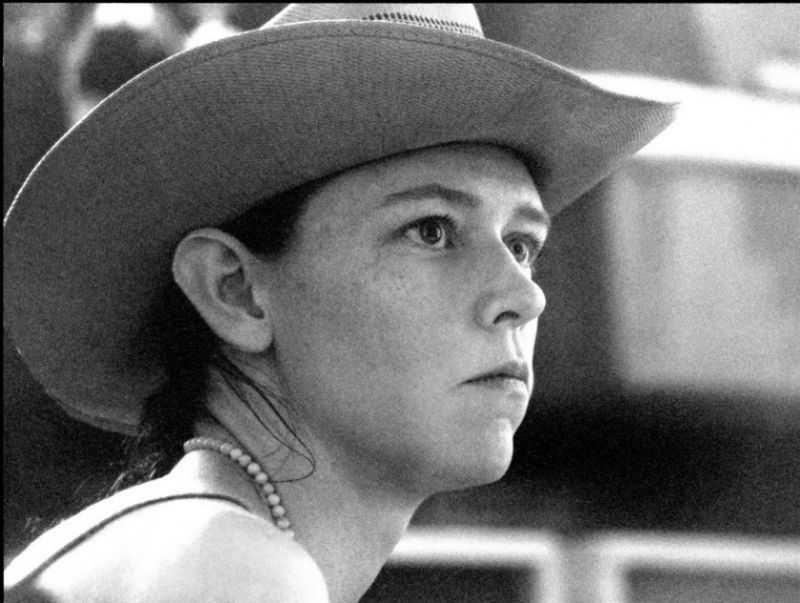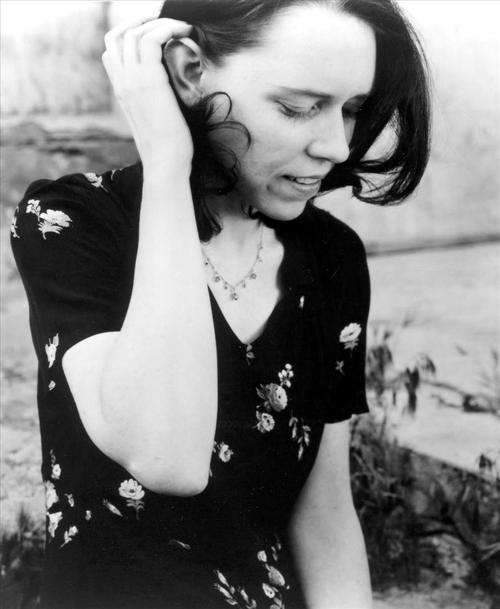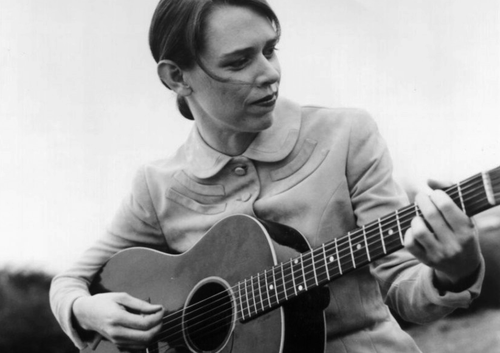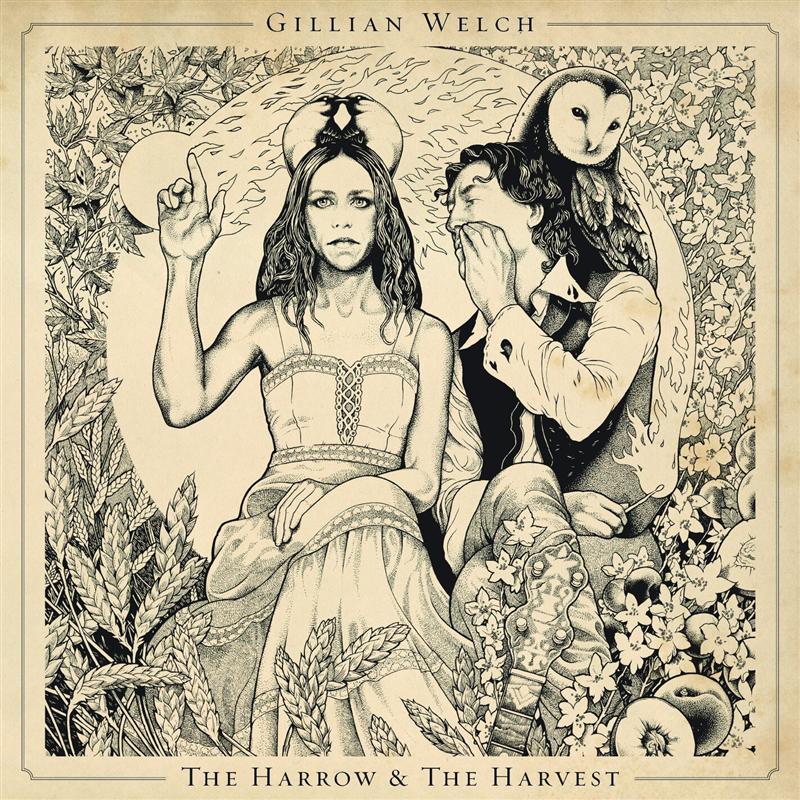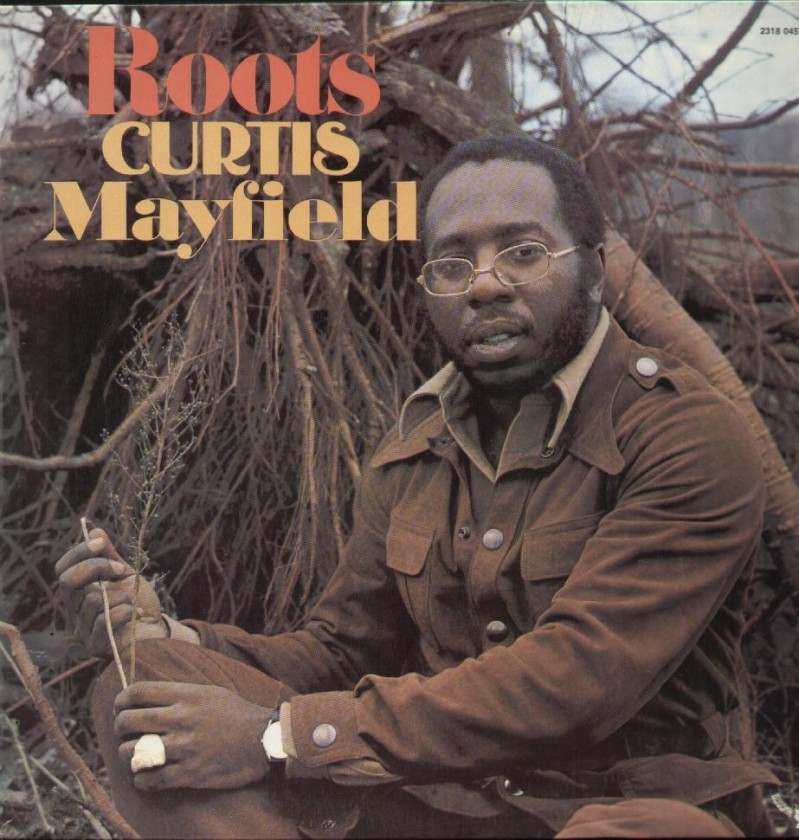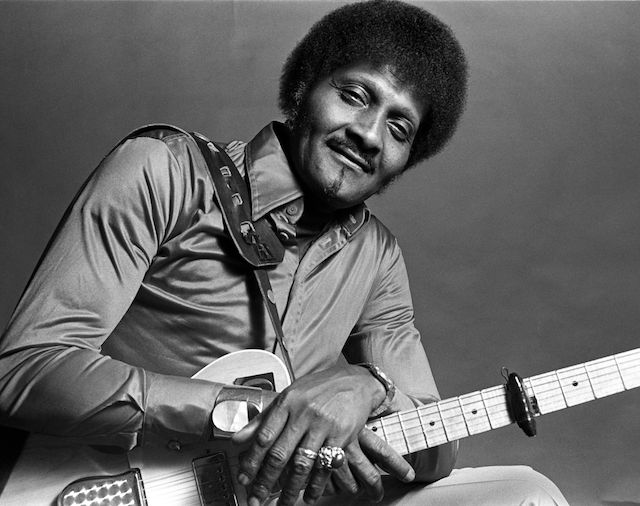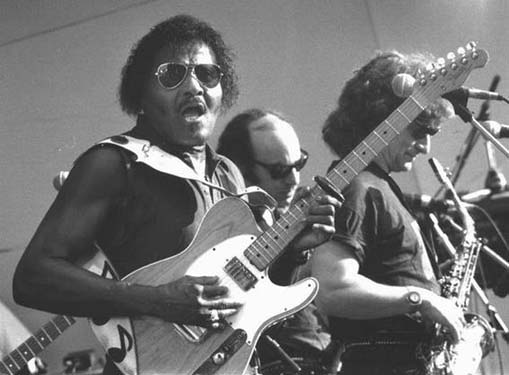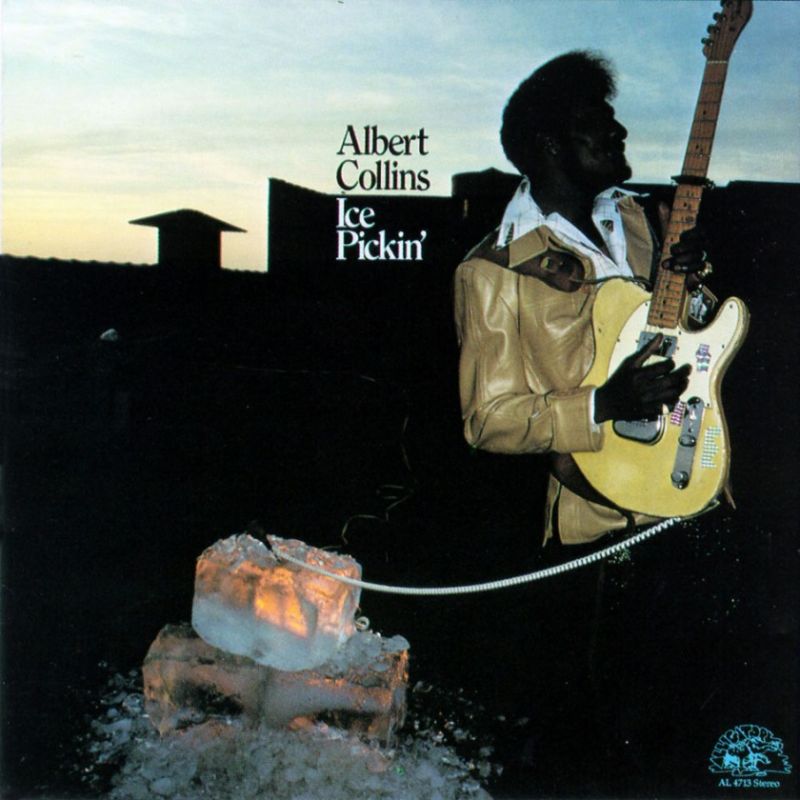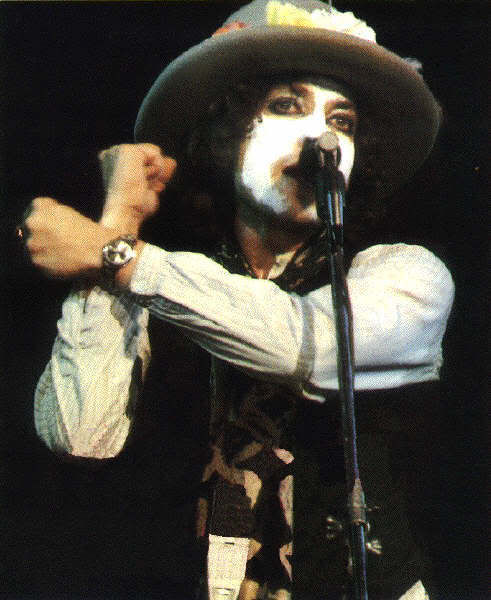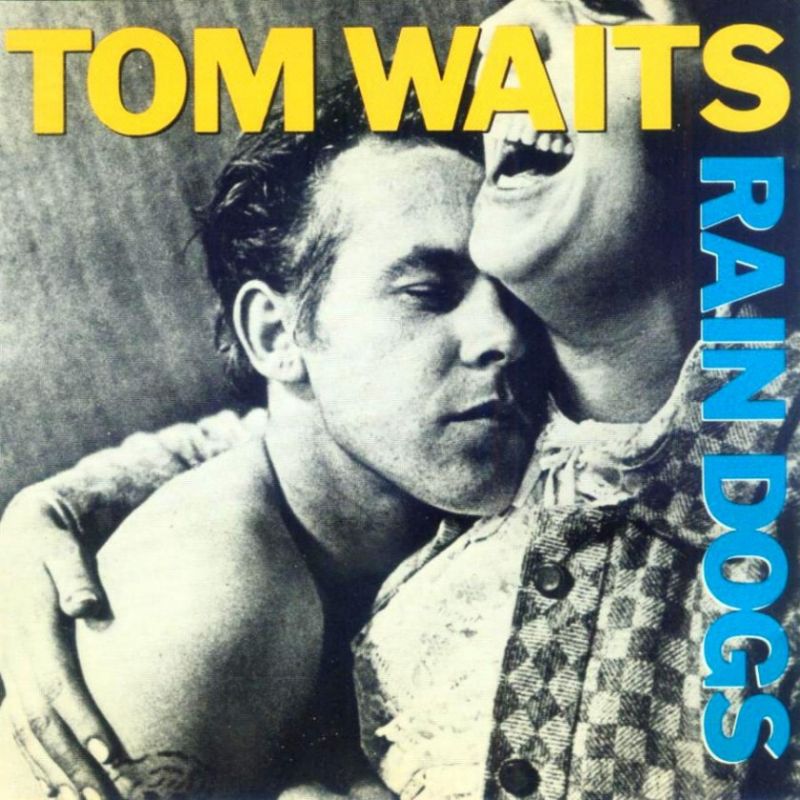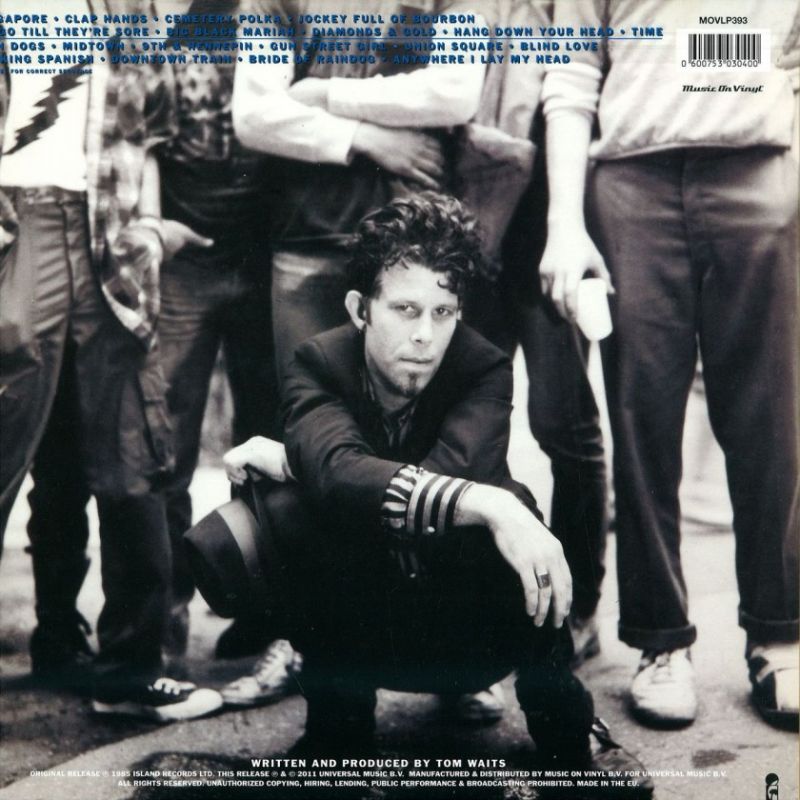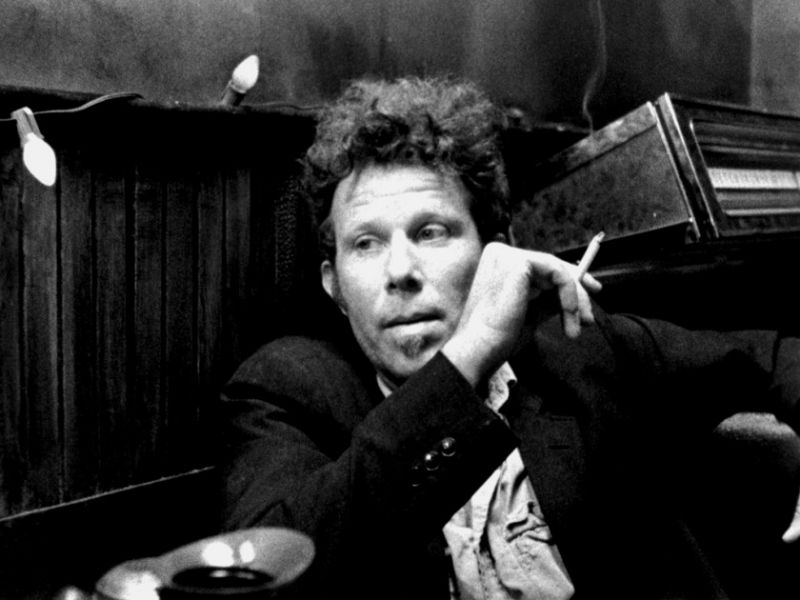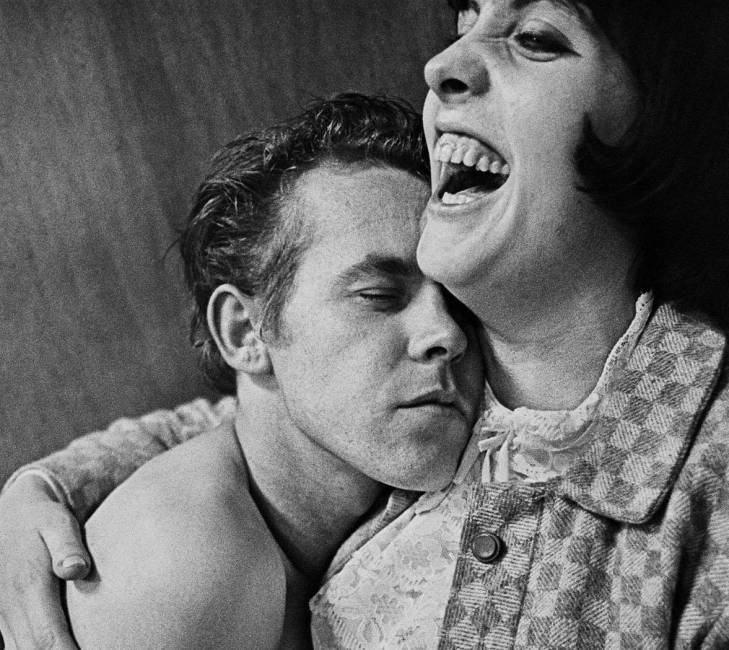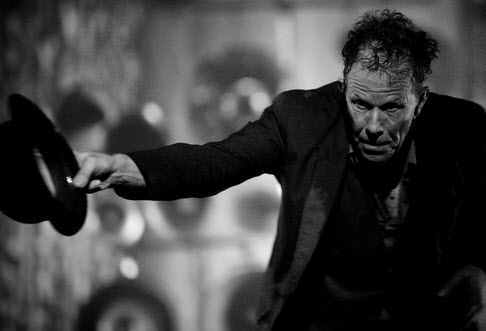“Each person comes to have this musical experience, this moment with us, where they get to sink into our world for a little while. It’s this very unhurried world. It’s fairly quiet, it’s contemplative, but it can be quite panoramic. I think people think interesting thoughts at our shows, and they go rather deeply into some personal experience of their own. I’m really proud that our music seems to connect, because it’s not for everybody. But for the people that our music works for, it really gets down pretty deep in there.”
~Gillian Welch on her live shows (via Acoustic Guitar)
Gillian Welch – The way that it goes @ Cirkus, Stockholm, Sweden, 2011-11-02:
From Wikipedia:
| Born | October 2, 1967 (age 47) Los Angeles, California, U.S. |
|---|---|
| Origin | Nashville, Tennessee |
| Genres | Bluegrass, Americana,Country |
| Occupations | Singer-songwriter |
| Instruments | singing, acoustic guitar, banjo,drums |
| Associated acts | Dave Rawlings Machine |
| Website | gillianwelch.com |
Gillian Welch (born October 2, 1967) is an American singer-songwriter. She performs with her musical partner, guitarist David Rawlings. Their sparse and dark musical style, which combines elements of Appalachian music, Bluegrass, and Americana, is described by The New Yorker as “at once innovative and obliquely reminiscent of past rural forms”.
Welch and Rawlings have released five critically acclaimed albums. Their 1996 debut, Revival, and the 2001 release Time (The Revelator), received nominations for the Grammy Award for Best Contemporary Folk Album. Their 2003 album, Soul Journey, introduced electric guitar, drums and a more upbeat sound to their body of work. After a gap of eight years, they released their fifth studio album, The Harrow & The Harvest, in 2011.
Welch was an associate producer and performed on two songs of the O Brother, Where Art Thou? soundtrack, a platinum album that won the Grammy Award for Album of the Year in 2002. Welch has collaborated and recorded with distinguished musicians such as Alison Krauss, Ryan Adams, Jay Farrar, Emmylou Harris, The Decemberists, and Ani DiFranco.
“Stingy critics give Ms. Welch a hard time because she’s a California city girl, not an Appalachian coal miner’s daughter. But as Lucinda or Emmylou might attest, love of the music is not a birthright, but an earned right. Listen to Ms. Welch yodel, in a tune about that no-good “gal” Morphine, and you know she’s as mountain as they come.”
~Taylor Holliday (The Wall Street Journal)
Musical Style:
Welch and Rawlings incorporate elements of early twentieth century music such as old time, classic country, gospel and traditional bluegrass with modern elements of rhythm and blues, rock ‘n’ roll, jazz, and punk rock. The New Yorker‘s Alec Wilkinson maintained their musical style is “not easily classified—it is at once innovative and obliquely reminiscent of past rural forms”.
–
Concert @ BBC4 St. Luke’s Full Concert August 4, 2004 London:
Setlist:
00:30 – I Want To Sing That Rock And Roll
03:47 – Make Me Down A Pallet On Your Floor
07:11 – Elvis Presley Blues
12:17 – Look At Miss Ohio
16:24 – Red Clay Halo
20:10 – My First Lover
23:58 – One Little Song
27:23 – Revelator
35:12 – By The Mark
38:51 – The Way It Will Be
45:04 – Caleb Meyer
48:40 – I’ll Fly Away
52:39 – The Weight (with Old Crow Medicine Show)
Quotes about Gillian Welch:
- Geoffrey Himes of The Washington Post described Welch as “one of the most interesting singer-songwriters of her generation“
- In 2003, Tom Kielty of The Boston Globe observed that she was “quietly establishing one of the most impressive catalogs in contemporary roots music“
- in a 2007 piece in The Guardian by John Harris called Welch “one of the decade’s greatest talents“
- Critic Robert Hilburn of the Los Angeles Times wrote, “At every turn, she demonstrates a spark and commitment that should endear her to anyone from country and folk to pop and rock fans who appreciate imagination and heart.“
Tennessee:
Elvis Presley Blues:
Album of the day: The Harrow & The Harvest (2011):
Other October 2:

